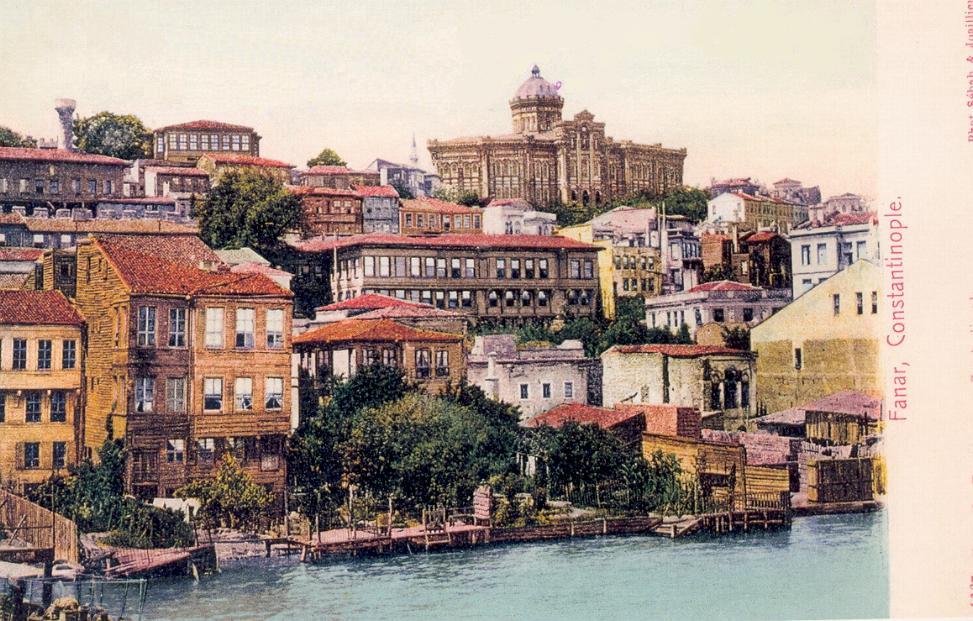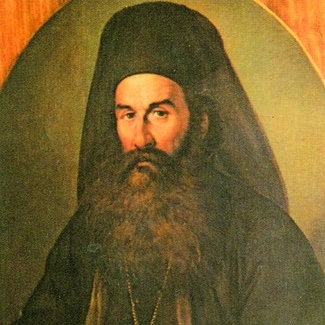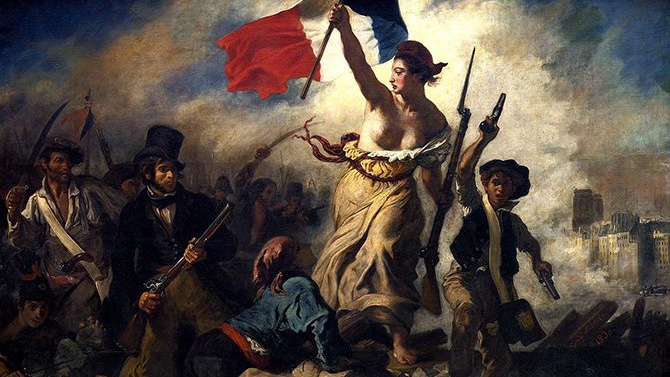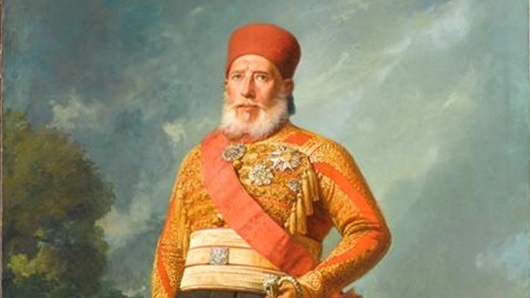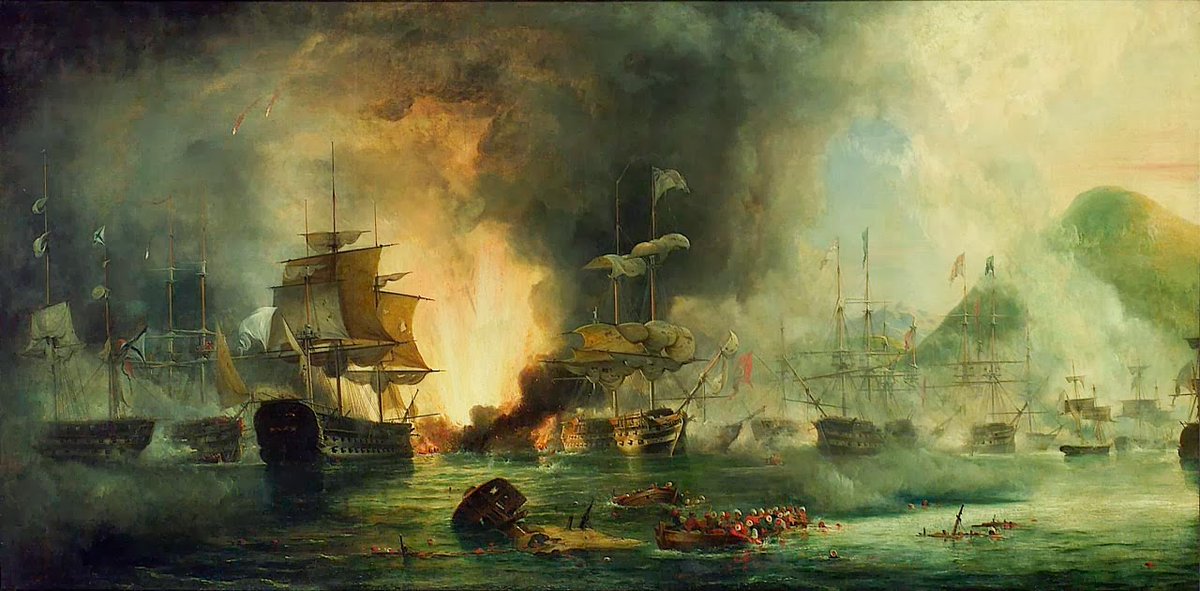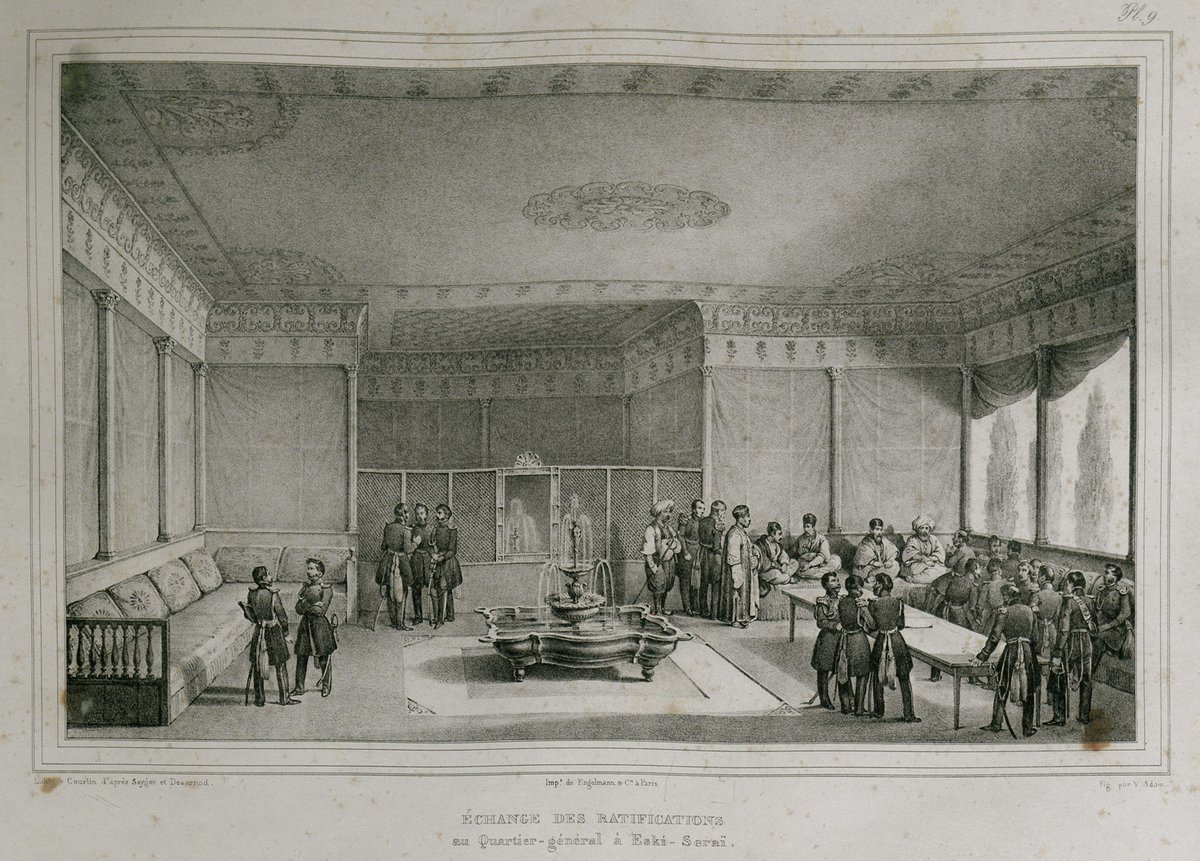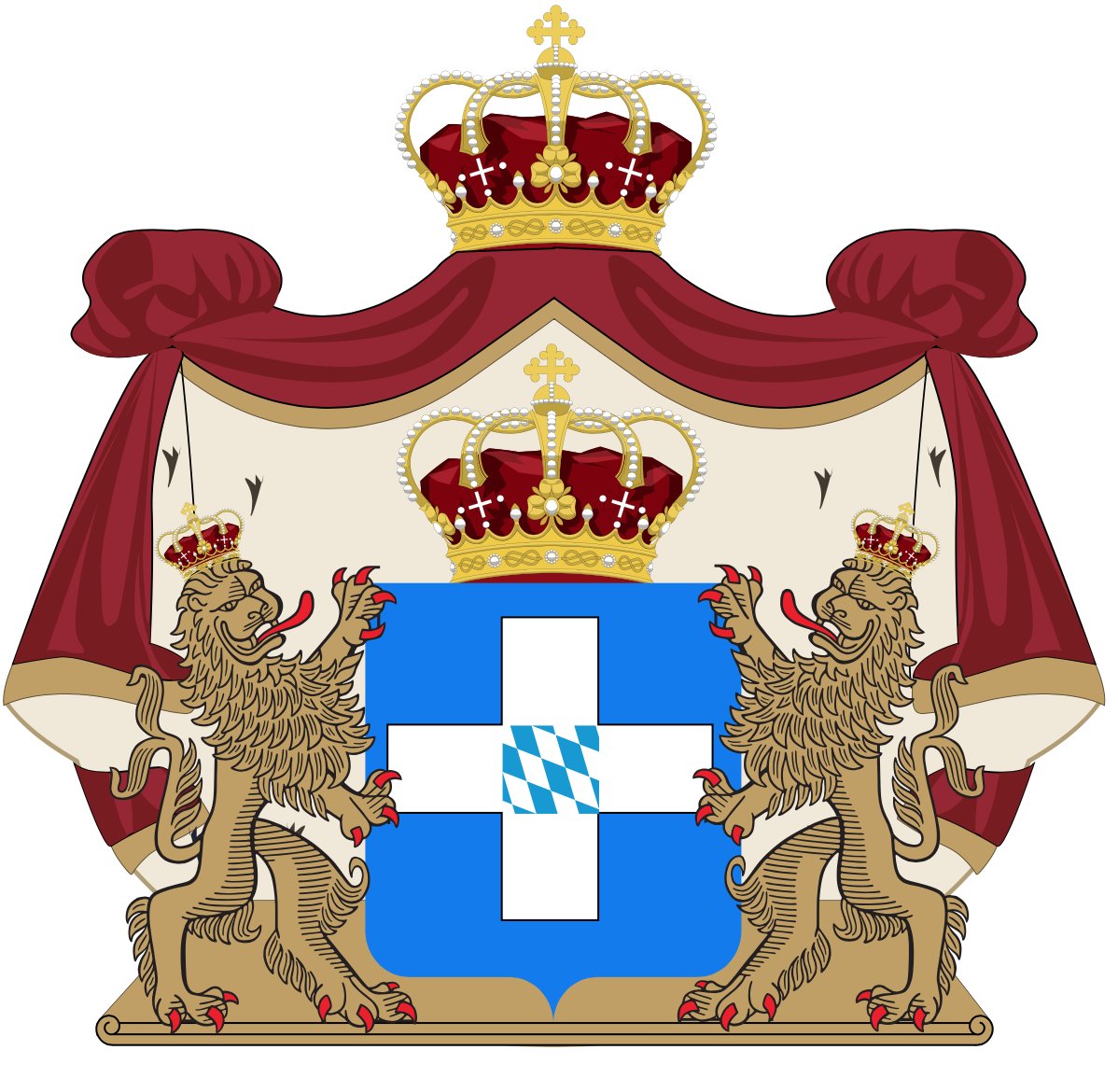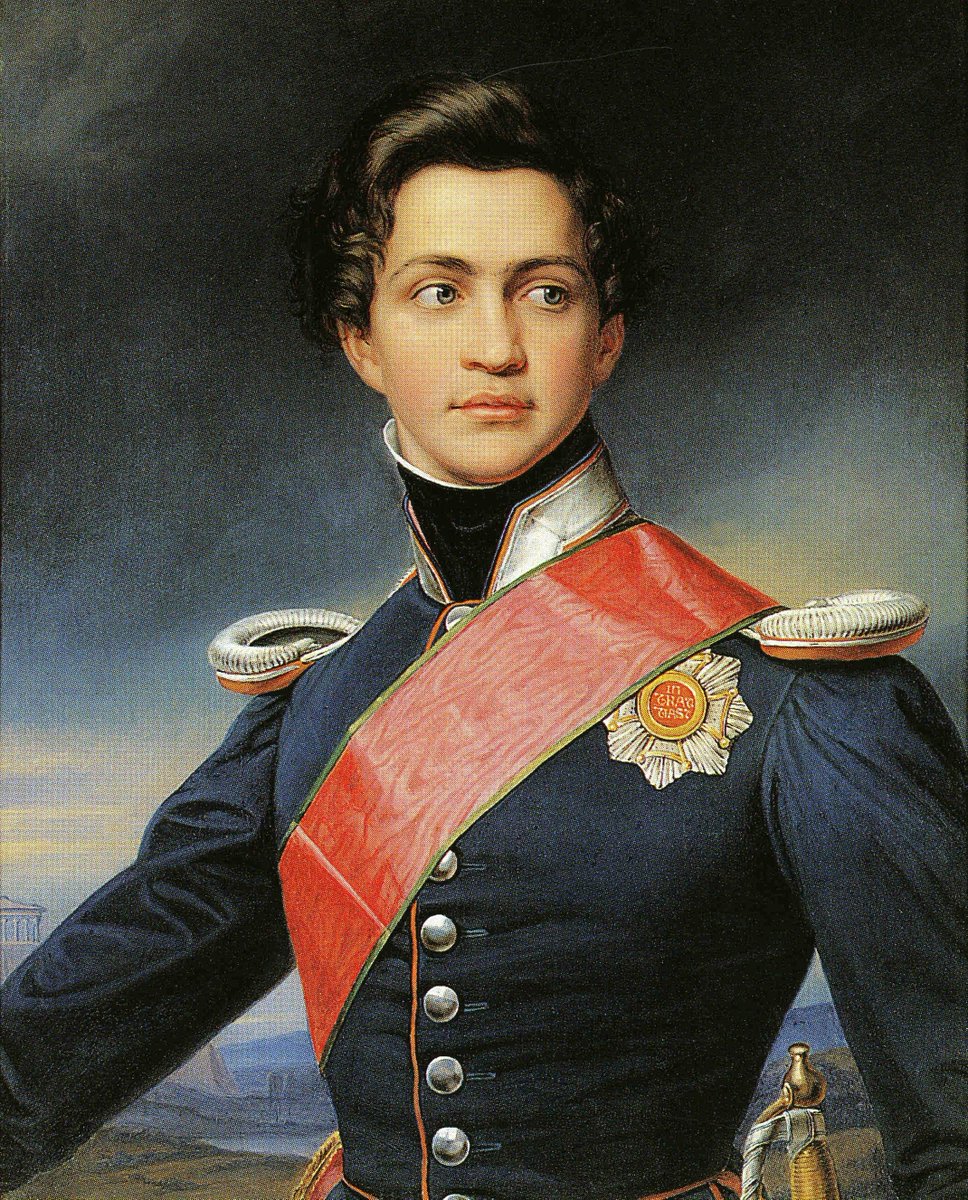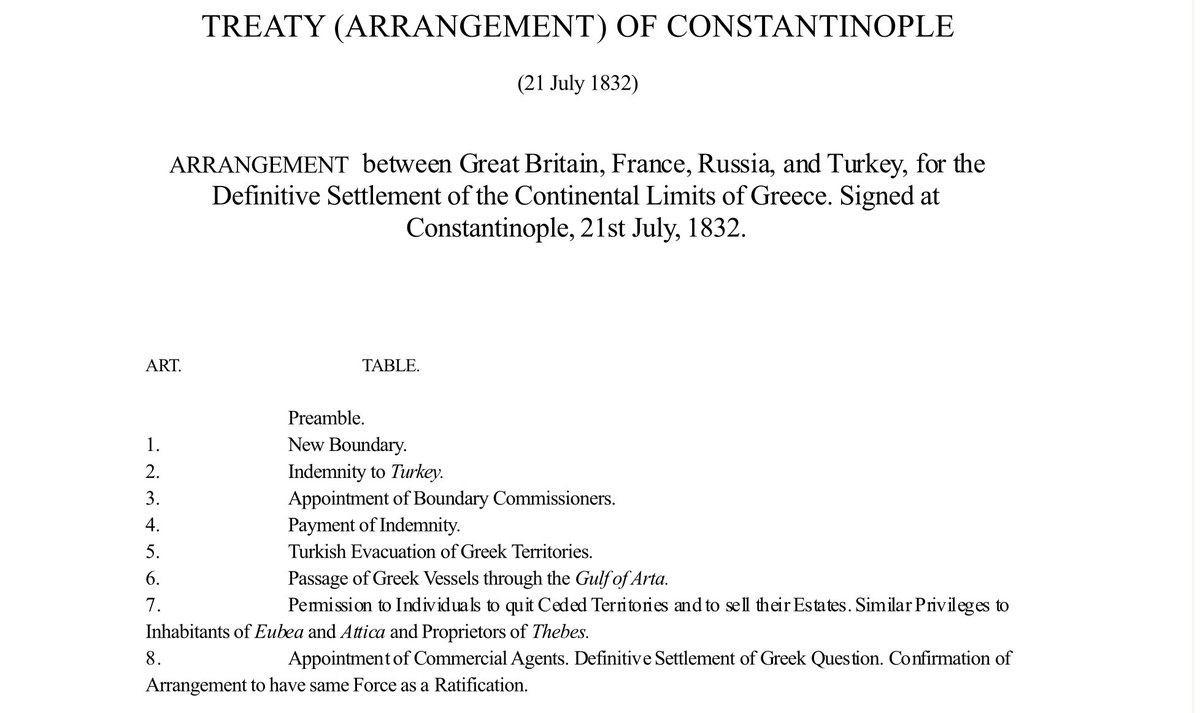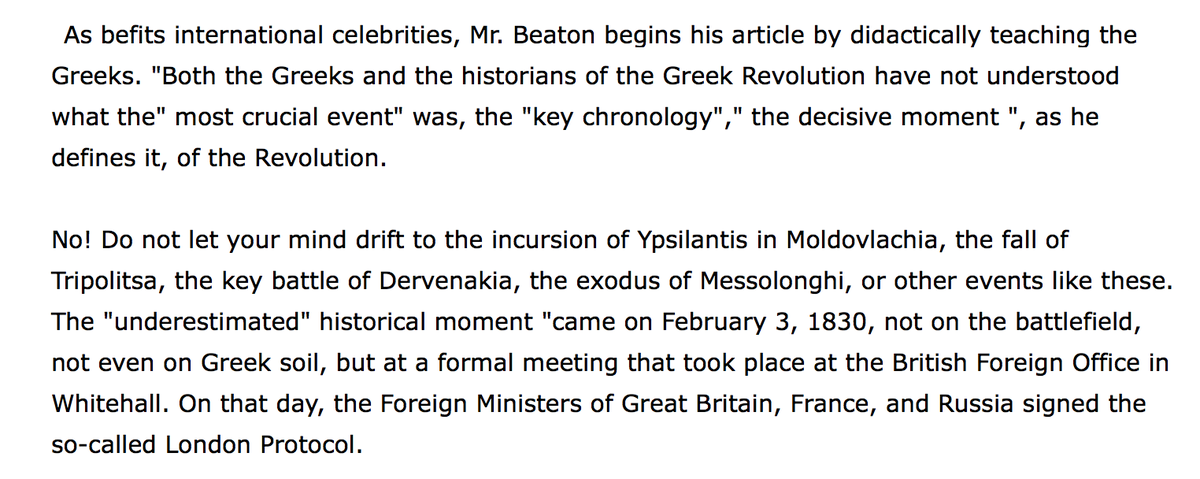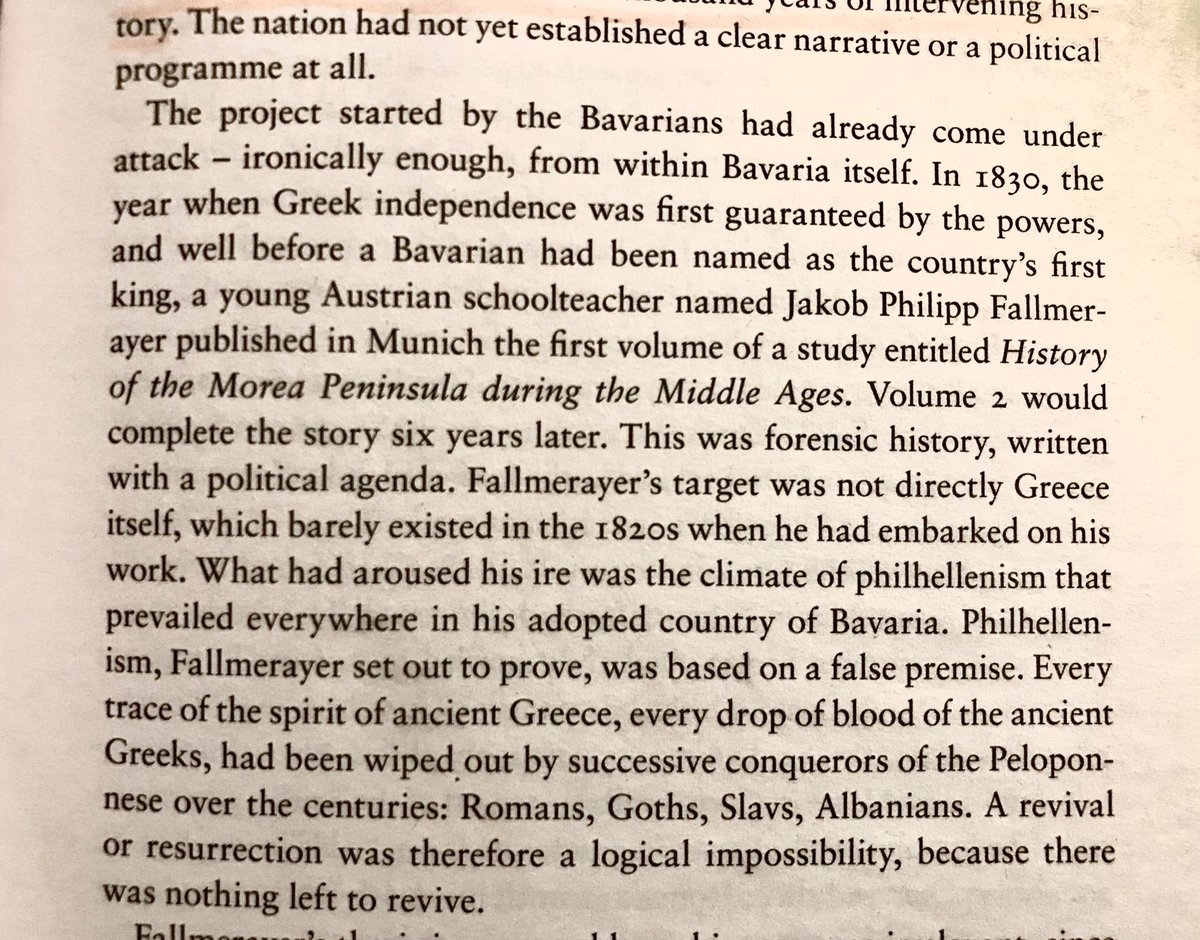1. A little bit of deconstruction is needed on the topic of Greek War of Independence. The events that caused to Greek Independence is the "first armed intervention" on humanitarian grounds in the world history --->
2. The spark ignited the fuse leading to “Greek Revolution” (called in Greece) was the French Revolution and its enlightenment principles. It was then that “the Neo-Hellenic Englightment” was spawned which saw Ottoman rule as unacceptable and the Greeks being “in chains”...
3. ... even though the educated #Romioi were prospering, with #Phanariots ( quasi-Aristocracy in #Constantinople) holding state positions, despite being a subject people, the “Rum millet”.
4. Uprising in #Peloponnese from March 1821 onwards is a rugged area suited for hit-and-run guerilla warfare. For the #Ottomans the revolt was unexpected. With the news of massacres of #Muslims the view prevailed that the #Rum were out to kill all the Muslims.
5. In the first months of uprising some 20,000 Muslims in #Tripolitsa were murdered without mercy or remorse, a tragedy barely noticed in #Europe, yet many #philhellenes left the region in disgust.
6. The standard line was that the exaggerated #Greek reaction was due to the centuries of Turkish yoke. #SultanMahmut unable to punish the perpetrators, vented his fury on the Rum nearby, with the execution of fifty prominent Phanariots, and hanging the Patriarch Gregorios V.
7. ...an act which left Europe aghast and sparked more attention. The European response was very different compared to that of Tripolitsa when Ottomans’ retaliation carnage in April 1822 in #Chios and some 25,000 Greeks were killed, with the Greeks actually starting the massacre.
8. Delacroix even painted Scenes of Massacre Chios. There was no reference to Muslims being executed in #Corinth, Tripolitsa, #Navarino and #Athens. With the influence of philhellenes Russian, British, American public had been on the Greek side almost from the beginning.
9. The philhellenes were convinced of the righteousness of the Greek cause and the barbarity of Turks. This the atrocities and other barbarous acts committed by Greeks - the few that was reported - were wished away and had a little impact in stemming the enthusiasm.
10. The foundation of the fallacy was the European and American identification with the Greeks was also due to the fact that they were regarded as the descendants of ancient Greeks which of course was only minimally true.
11. It was also a great advantage to the Greek cause that Europe and America were under the spell of #classicism which venerated the ancient Greeks as well as #romanticism, making the uprising appear a most romantic episode!!! Russians were in support to #orthodox co-religionism.
12. British, especially PM George Canning, did not share the illusion of the philhellenes about modern Greeks and regarding them a most rascally set and stood for the maintenance of Ottoman due to Russian threat.
13. British as pragmatic didn’t want to allow Russia to take advantage of Greek case, limit French influence and block Franco-Russian alliance, and bring an autonomous Greece leaning towards Britain.
14. Kavalali Ibrahim Paşa landed in the Peloponnese on 24 Feb 1825 and conquered the Greek that are no match for his military acumen with a small but well disciplined army. By the end of the year no Greek resistance was left. Only a Great Powers Intervention could save the Greeks
15. Greeks, in desperation, placed themselves in 1825 by an Act of Submission to under the protection of Britain, France and Russia. Ibrahim Pasa remained in the Peloponnese until the capitulation of October 1, 1828.
16. An ugly hearsay came in surface that Ibrahim Paşa intended to depopulate the Peloponnese to #Egypt and repopulate it with Muslims from Egypt. Ottomans denied this as imbecility. Of course, a propaganda, but it was enough to combine Great Powers militarily.
17. In between #Missolonghi, a famous town due to #LordByron, fell to Ottomans stir across Europe. #VictorHugo wrote a fantasy poem #TheSeraglioHeads, #Delacroix painted again "Grèce sur les ruines de Missolonghi", romanticism of philhellenes was in full throttle.
18. On 6th July 1827, Treaty of London signed among Great Powers to call Greece an autonomous state, and dependent to Turkey. Ottomans rejected their terms. On 20 October 1827 the British, French and Russian squadrons approached friendly..
19...and ambushed the Ottoman fleet in Navarino.claiming that Ottomans fires first. Ottoman government demanded condemnation of the tragic episode as unintended. The Great Powers responded they desired friendly relations with Sublime Porte, provided there is an armistice.
20. Pertev Pasha concludes only submission of the Rum would resolve the question, upon their submission they would be pardoned despite their crimes of treason and rebellion. Greece he asserted does not exist, Rum are simply a millet headed by their patriarch in Constantinople.
21. When French questioned whether one can speak of submission after such a long struggle, the foreign minister Pertev Pasha retorted that “it is well known what has kept the rebellion alive”, implying foreign encouragement on the conflict...
22. and offered some concessions such as tax breaks or compensation but never agreed on any sort of autonomy.
23. Britain was afraid that new state would become a Russian dependency and that encouraged Sultan to remain defiant. A rivalry existed between Russia and Britain on the future of autonomous Greek state.
24. Meanwhile, Ottoman had to fight a long war with Russia in April 1828 and ended with Russian victory in August 1829. The Treaty of Adrianople on 14 September 1829 forced by Russians Porte accepted an autonomous Greece.
25. On 3 February 1830 London Conference was signed making Greece independent that based the independence “frightful calamities to humanity" which made the internationalization of the problem inevitable. In 1831, Greece became a Kingdom under Otto, the son of Ludwig of Bavaria.
26. Finally, Greek independence and its frontiers were accepted by Porte in Constantinople on 21 July 1832.
27. “Moral dignity” which dictated this intervention of the powers in the general interest of Europe and civilization. But the reasons of humanity were not yet regarded in that epoch as a just cause for intervention, which was mentioned timidly on Treaty of London.
28. From 1830s till 1930s publicists advocated that humanitarian intervention was necessary and a lot of justification was done.
29. After 1945, it was argued that the collective #intervention in Peloponnese is an example of ex post factoism, for the governments of the time did not use a legal justification for intervening.
30. Later official stances on intervention leads them to the conclusion that humanitarian reasons were non-existent or secondary.
31. The Greek case, apart from being regarded as the first case of humanitarian intervention, has a bearing on the evolution of international norms and rules of conduct in instances of humanitarian plights in a number of ways:
32. 1st, The exceptional overruling of the grandnorms of sovereignty and non intervention in instances of effusion of blood that shake the moral consciousness of humankind. Multilateral character of the intervention in this case the alliance of the willing, of three Great Powers.
33. It is a clear manifestation of the civilized barbarian binary that was to dominate the scene until 1914, the civilized Christians vs Muslim barbarian other with the latter probe to committing slaughters and atrocities...
34...whereas the massacres of Muslims were swept under the carpet, as if the Muslim victims of the Christians were less human!! - FIN -
35. The Greek War of Independence hitherto was hardly a war at all in the conventional sense, but largely a series of opportunist massacres. The dead Turks were not for the most part the soldiers of the Sultan but the local population.
36. Of course, the historian Roderick Beaton also reiterates the fact that the independence is given to Greece:
https://twitter.com/lygerosstavros/status/1349124535249993737?s=20
https://twitter.com/lygerosstavros/status/1349124535249993737?s=20
37. The outcome came at a price. The Great Powers had already decided that the new state should be; a monarchy, not a democracy as proclaimed by the Provisional Constitution. When the German King Otto sat at the throne of Greece, Greeks had no say in the territory given.
38. For a long time after the agreement, even today, many Greeks have felt and still feel bitter about this outcome. What had been won seemed in a way inferior to the absolute ideal of "Freedom or Death" for which so many had fought and sacrificed. https://www.kathimerini.gr/k/k-magazine/561215500/ti-giortazoyme/
39. The Greek state has been built on a narrative of revival that ridiculously brushed aside more than 2000 years of intervening history. It is merely an attempt to resuscitate a vanished past. Jakob Philipp Fallmerayer call it out blatantly:
40. Every trace of ancient Greece, every drop of blood of the ancient Greeks, had been wiped out by successive conquerors of Morea over centuries: Romans, Goths, Slavs, Albanians, Ottomans. A revival/resurrection was a logical impossibility cause there was nothing left to revive.

 Read on Twitter
Read on Twitter
